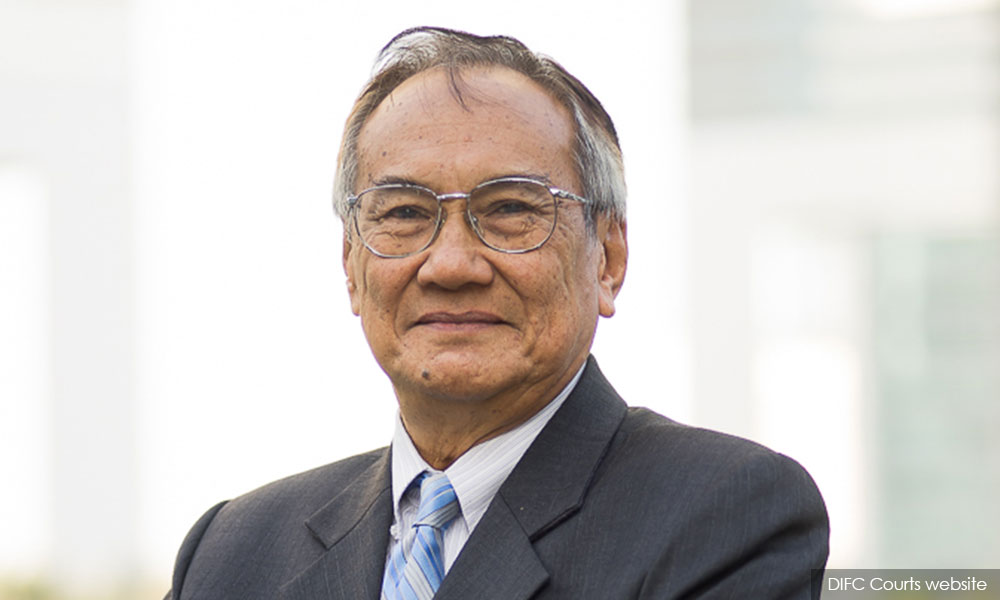The Malaysian Bar disagrees with former chief justice Zaki Azmi's call for judges to be more selective in allowing lawyers to seek postponements of cases being heard in court.
"Over the past decade, the Malaysian Bar has often reiterated that an excellent justice system requires a combination of a fair conduct of cases, their efficient disposal and well-reasoned and well-written decisions so as to ensure that justice is done – and is seen to be done – in all cases.
"In the administration of justice, the emphasis must be on quality and integrity over quantity, and to ensure that justice is in no instance sacrificed for speed or expediency," Bar president Abdul Fareed Abdul Gafoor said in a statement today.
Fareed pointed out that there was a time when the judiciary helmed by Zaki (photo, below) was focused extensively on clearing the backlog of cases.
He said this led to what was perceived as an overemphasis on the speed with which cases were disposed – which in turn resulted in instances of injustice, particularly in the lower criminal courts.

"For instance, the public might not have had the benefit of engaging counsel of their choice, given the difficulty that many lawyers had in coping with the speed of disposal of court matters.
"There were also instances where courts proceeded with criminal trials without the accused person being represented by counsel.
"Furthermore, lawyers did not have sufficient time to adequately prepare for their cases," he said.
Tempered approach
Describing such situations as "objectionable," Fareed said the criminal justice system requires a detailed and tempered approach, as the problems faced are different from those of the civil courts.
Expediting criminal hearings may not be in the public interest, he added, if doing so results in more instances of flawed acquittals, or an accused is denied the right to a proper and full defence.
Fareed also noted that it is crucial for individual judges to have sole discretion on whether to grant postponements or adjournments.
"Any ruling that removes this crucial element of discretion would significantly restrict the effectiveness and value of the judicial process.
"Litigation is not an exact science, and a certain degree of latitude must be permitted to account for the vagaries of legal practice.
"The true reasons behind any backlog that persists must be correctly identified and understood.
"Administrative reforms to increase the efficiency and effectiveness of the judicial process should, therefore, continue to be addressed, in tandem with reforms aimed at bolstering judicial integrity and independence,” Fareed said in the statement.
In the statement, the Bar also reiterated its call for the prompt establishment of the royal commission of inquiry into allegations of judicial interference and misconduct.
It also wants the RCI's terms of reference to be expanded to include recommending holistic proposals for thorough and comprehensive reforms to improve and strengthen the judiciary.

